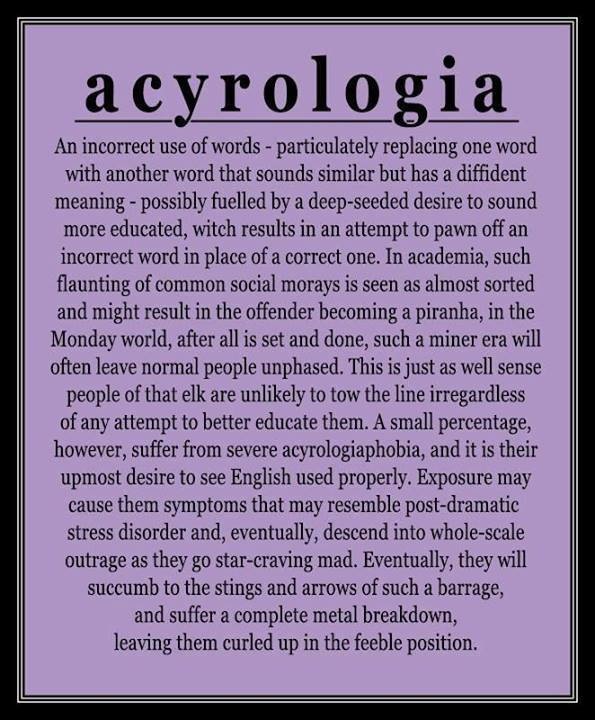I won the National Adult Spelling Bee!
March 18th, 2017 at 8:45 am (Vocabulary)
In 2009, I signed up for the National Adult Spelling Bee (in Long Beach), and I managed to come in second place. It was great fun! I went back in 2011, 2012, 2013, and 2014. Each time I did reasonably well, but I never quite managed to vault into the #1 position.
Until this year.
This year I didn’t plan to go to the spelling bee at all. I had plans to take some friends flying. But the weather turned bad for flying, so our sightseeing trip was deferred, and I found myself with just enough free time to head down to Long Beach for the Bee. I hadn’t prepared! I hadn’t studied! But I went anyway!
I then spelled many words, in round after round:
- budget
- waiver
- genealogy
- xenophobia
- centime
- didactic
- reconnaissance
- glucosamine
- foppery
- funambulist – a wire-walker (tightrope-walker)
- specious
- chilblains
- dermatophyte
- glissade
- cathect – to invest energy in
- accrete
and at the end, it was down to two of us, and then Anne misspelled “splith”, and my next word was “accrete”, and it was a home run! What a thrill!

And the best part? The Bee gives you $500 for yourself plus $500 for the charity of your choice. So the very next day, I walked into the Monrovia Public Library and presented them with the check – and oh, the look on the librarian’s face! It was like winning a second time all over again.


